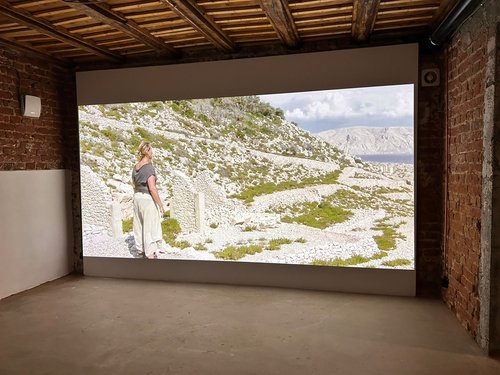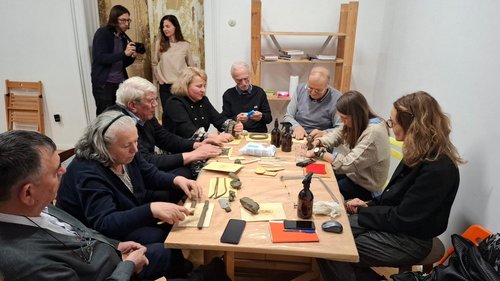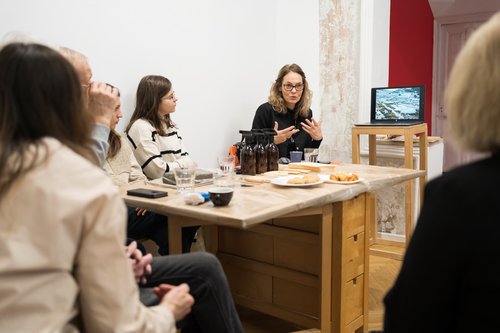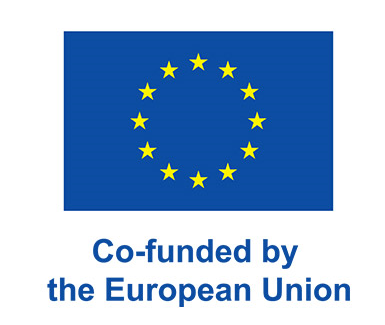Exhibition You Betrayed the Party Just When You Should Have Helped It in Bucharest
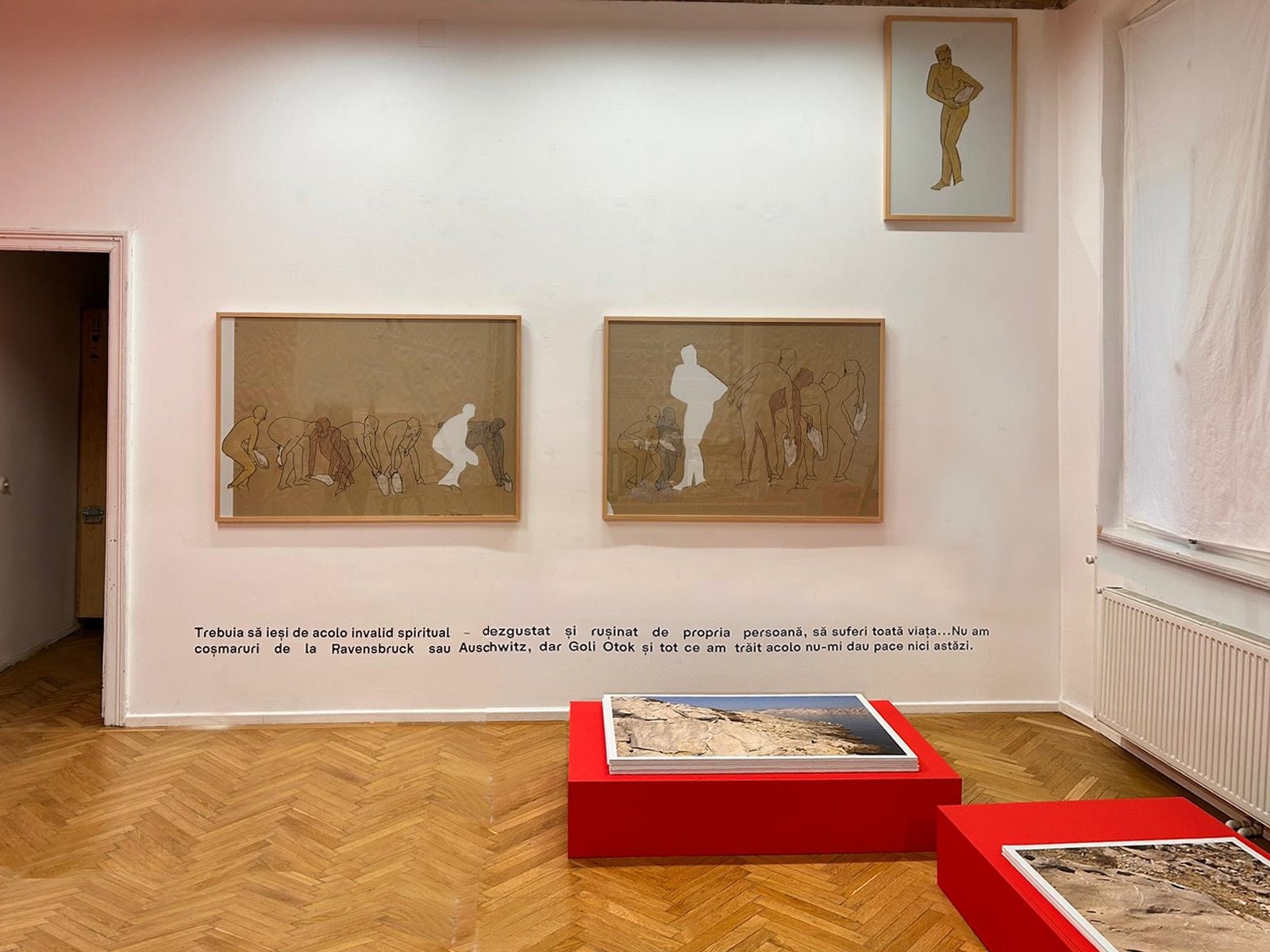
The exhibition You Betrayed the Party Just When You Should Have Helped It by Andreja Kulunčić opened on 17 December 2024 at the Anca Poterașu Gallery in Bucharest, Romania. It presented a poignant and largely unknown aspect of Cold War history, focusing on the traumatic experiences of women imprisoned under totalitarian regimes, particularly on Goli Otok island.
The opening began with a participatory workshop led by curators Anca Mihuleț and Irena Bekić. Participants, mostly architecture students, engaged in modeling clay figurines that will be part of an anti-monument in the artist’s upcoming exhibition at the National Museum of Contemporary Art in Zagreb. This immersive experience gave participants a deeper understanding of the horrors endured on Goli Otok. A panel discussion titled Discomfort of Being a Female Prisoner: The Cases of Yugoslavia and Romania took place after the first workshop. Historian Claudia-Florentina Dobre and anthropologist Renata Jambrešić Kirin participated, with moderation by Anca Mihuleț. The discussion explored the similarities and differences between the experiences of female prisoners in Yugoslavia and Romania, emphasizing the trauma they suffered.
At the evening, approximately 50 visitors attended and took part in informal guided tours led by curators. These tours offered further historical context and insight into the suffering of women imprisoned on Goli Otok. Quotes from abused women displayed on the walls had a profound emotional impact on visitors. They were invited to reflect and express their feelings through clay sculpting and written notes, which were later displayed collectively. This artistic expression functioned as both personal reflection and a communal healing process.
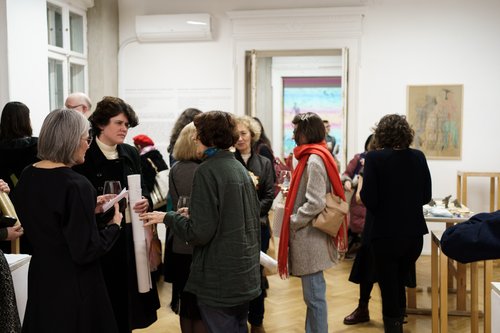
On 18 December, another clay modeling workshop took place, similar to the first, with participants deeply moved by the terrors of the communist regime. After workshop, an English reading session featured theoretical texts used in the project’s preparation, followed by an open discussion between participants and curators. This allowed for an exchange of ideas and deeper insight into the exhibition’s themes.
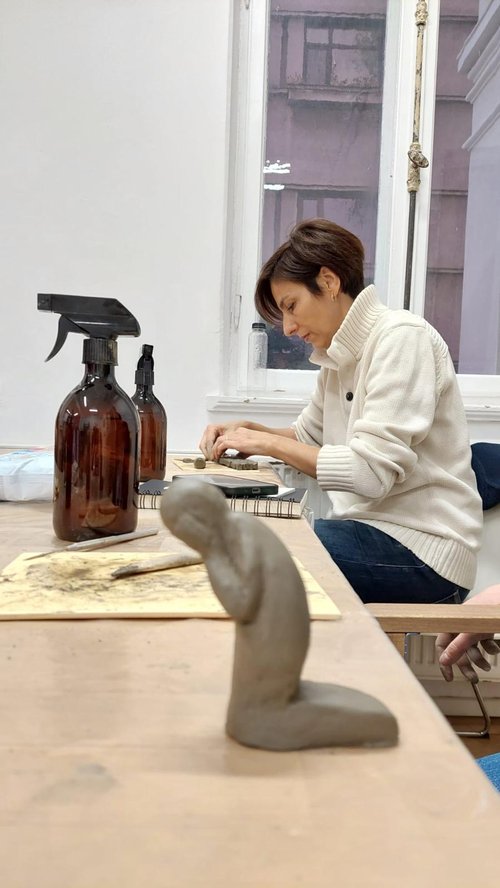
In mid-January 2025, two more workshops were organized. On 15 January, a workshop on post-memory and cultural trauma was led by historian Claudia-Florentina Dobre. Participants included individuals personally affected by the communist regime, descendants of political prisoners, and students from the Political Science Faculty in Bucharest. Through clay modeling, memoir readings, and group discussions, they explored cultural trauma as the collective societal response to events that disrupt social cohesion and shared identity.
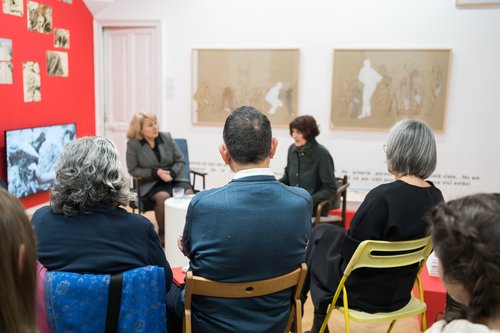
On 18 January, a workshop on moral injury was coordinated by psychotherapist Emilia Mihali. This session examined the psychological effects of moral injury, trauma caused by actions violating deeply held moral beliefs. The discussion focused on how communist regimes inflicted moral injury through political oppression, betrayal, and forced silence. Participants reflected on the ongoing emotional and psychological impacts of such experiences.
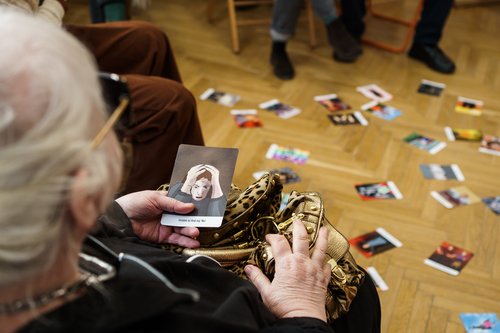
_________
The exhibition is part of the project (In)Visible Traces: Artistic Memories of the Cold War, initiated by Documenta in Zagreb and organized with partners from Romania, Austria, and Germany. The project aims to engage diverse audiences in reflecting on, preserving, and discussing neglected Cold War-era historical sites and cultural heritage.
The event was made possible by a dedicated team including artist Andreja Kulunčić, curators Irena Bekić and Anca Mihuleț, anthropologist Renata Jambrešić Kirin, psychotherapist Dubravka Stijačić, historian Claudia-Florentina Dobre, and the production team led by Anca Poterașu. Visitors from various fields played a crucial role, enriching the event through active participation and curiosity.
_________
This project was funded by the European Union. The views expressed are those of the authors and participants and do not necessarily reflect the official position of the European Union or the European Education and Culture Executive Agency (EACEA). Neither the European Union nor EACEA can be held responsible for any content presented.
